Time Period: World War II through the Faubus Era (1941 - 1967)
Mike Meyer Disfarmer Gravesite
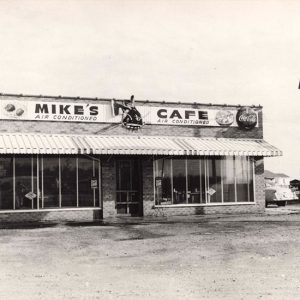 Mike's Cafe
Mike's Cafe
Miller, Asbury Mansfield
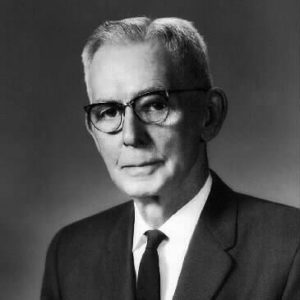 John Miller
John Miller
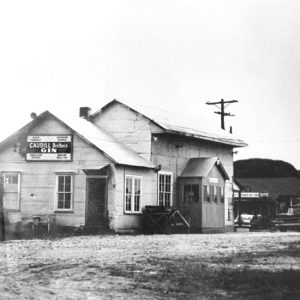 Milligan Ridge Gin
Milligan Ridge Gin
 Mills Campaign Sticker
Mills Campaign Sticker
Mills, Wilbur Daigh
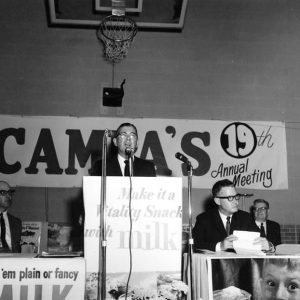 Wilbur Mills at CAMPA Meeting
Wilbur Mills at CAMPA Meeting
Millwee, Minor Wallace
Minor, James Calvin (Jim)
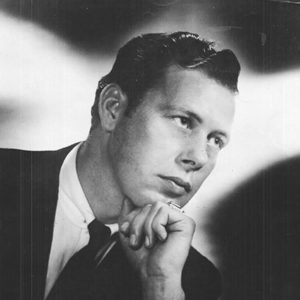 Jim Minor
Jim Minor
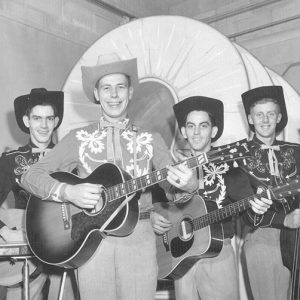 Jim Minor and Band
Jim Minor and Band
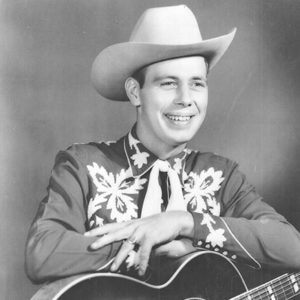 Jim Minor
Jim Minor
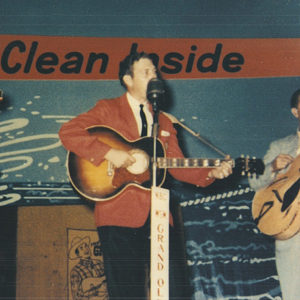 Jim Minor at the Grand Ole Opry
Jim Minor at the Grand Ole Opry
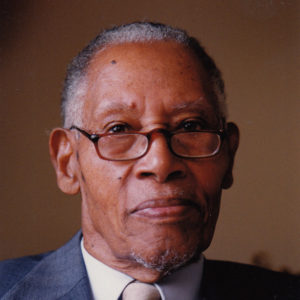 Clifford Minton
Clifford Minton
Minute Man
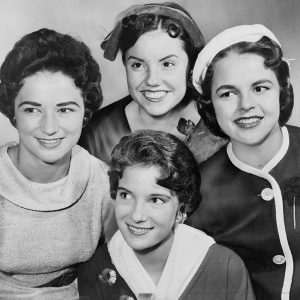 Miss America Candidates
Miss America Candidates
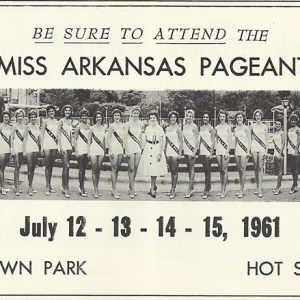 Miss Arkansas Pageant Ad
Miss Arkansas Pageant Ad
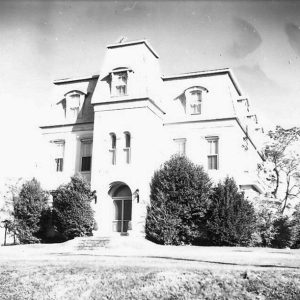 Missouri Pacific Hospital
Missouri Pacific Hospital
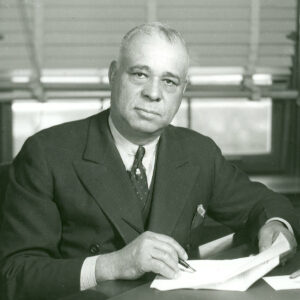 Arthur W. Mitchell
Arthur W. Mitchell
Mitchell, Bobby
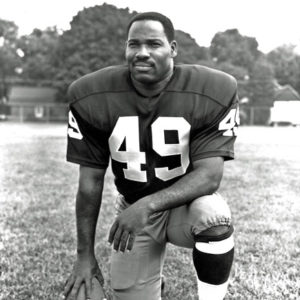 Bobby Mitchell
Bobby Mitchell
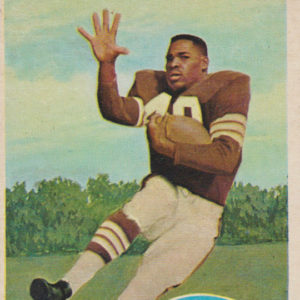 Bobby Mitchell
Bobby Mitchell
Mitchell, Juanita Jackson
Mitchell, Richard Bland
Mitchell, William Starr (Will)
 "Moanin' at Midnight," Performed by "Howlin' Wolf"
"Moanin' at Midnight," Performed by "Howlin' Wolf"
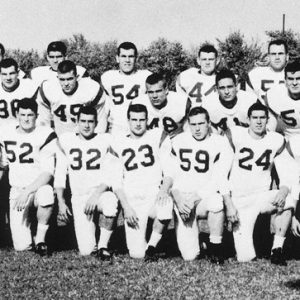 Montana State College Football Team
Montana State College Football Team
Montana, Patsy
aka: Ruby Blevins
 Monte Ne Amphitheater
Monte Ne Amphitheater
 Wally Moon
Wally Moon
Moon, Wallace Wade (Wally)
 "Moondog Monologue," Performed by Moondog
"Moondog Monologue," Performed by Moondog
 Moonlighters Poster
Moonlighters Poster
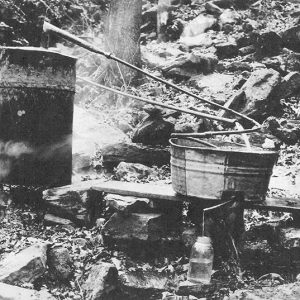 Moonshine Still
Moonshine Still
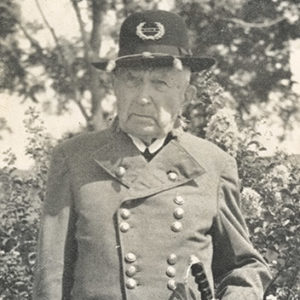 James W. Moore
James W. Moore
Moosberg, Carl Avriette
Moose, James Sayle, Jr.
 Whitt L. Moreland
Whitt L. Moreland
Moreland, Whitt Lloyd
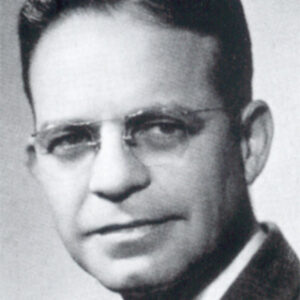 William E. Morgan
William E. Morgan
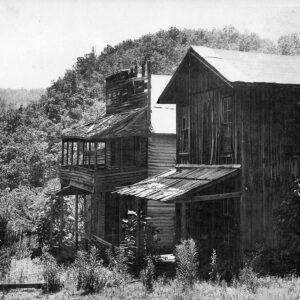 Morning Star Mine
Morning Star Mine
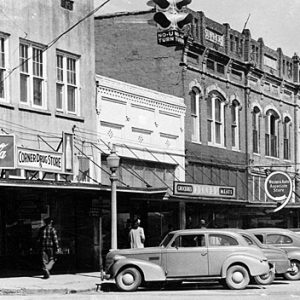 Morrilton (Conway County)
Morrilton (Conway County)
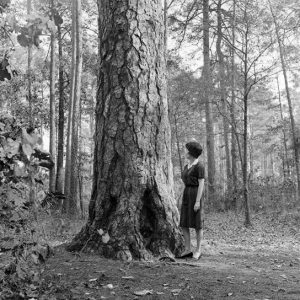 Morris Pine
Morris Pine
Morris, John William
Morrison Twin Brothers String Band
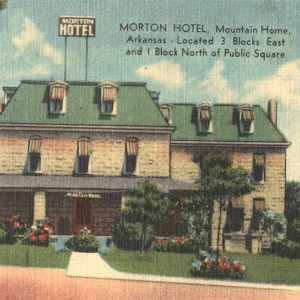 Morton Hotel
Morton Hotel
Moseley, Ray
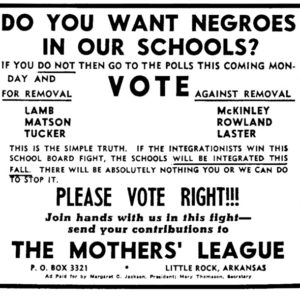 Mothers' League of Central High School Flyer
Mothers' League of Central High School Flyer




